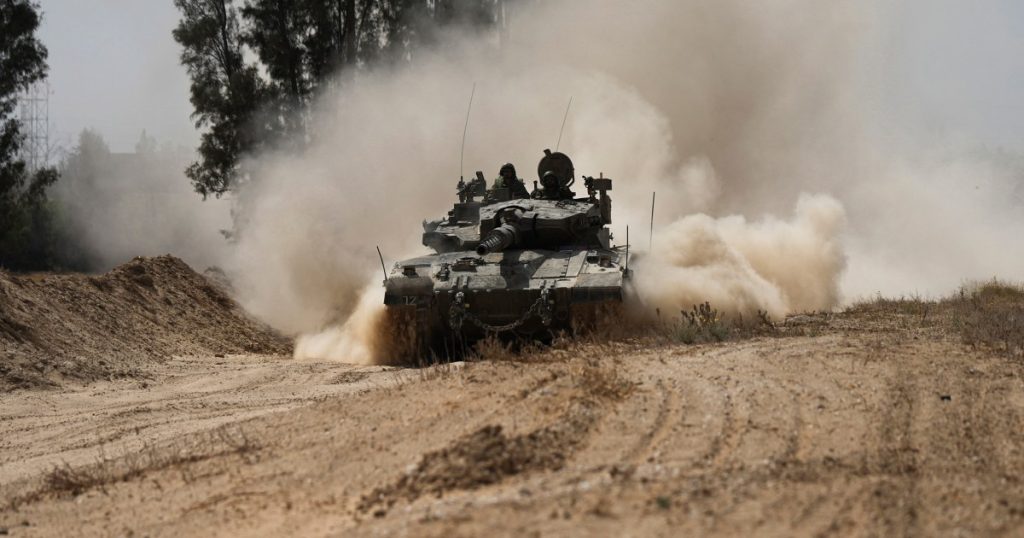The United States has restricted travel for its staff in Israel due to fears of an imminent retaliatory attack by Iran following an airstrike on its embassy in Syria. The U.S. embassy in Jerusalem issued a security alert limiting personal travel outside the greater Tel Aviv, Jerusalem, and Be’er Sheva areas until further notice as a precautionary measure. Israel’s military has vowed to defend the country and respond to any attacks, raising concerns of a potential escalation of conflict in the region.
Iran’s Supreme Leader Ayatollah Ali Khamenei stated that Israel “must be punished and it shall be” for the attack on its consulate in Damascus. The U.S. has promised support for Israel in the face of Iranian threats, with Israel signaling its readiness for any retribution that may occur. Israeli Defense Minister Yoav Gallant and Israel Defense Forces spokesperson Rear Adm. Daniel Hagari have both emphasized the country’s preparedness for a variety of scenarios, affirming that Israel will respond to any harm inflicted upon it.
Prime Minister Benjamin Netanyahu reiterated Israel’s readiness to meet all security needs, defensively and offensively, in the face of potential threats. However, it has remained unclear whether Iran’s retaliation will come in the form of a direct attack or through Tehran-backed groups operating in various countries. Despite the growing tensions, talks to secure a cease-fire deal in Gaza, where severe food shortages have led to fears of an imminent famine, remain deadlocked.
More than 33,600 people have been killed in Gaza over the past six months of conflict, with Palestinians marking somber Eid celebrations amid the ongoing hostilities. Hamas, the militant group in control of Gaza, has expressed a willingness to negotiate a cease-fire despite the losses it has suffered. The situation in Gaza has worsened as humanitarian aid continues to be restricted, with international concerns about the dire conditions faced by the civilian population.
The Pentagon announced that Gen. Michael “Erik” Kurilla, the top U.S. commander for the Middle East, has expedited his trip to Israel to discuss current security threats with Israeli military leadership. President Joe Biden has reaffirmed the U.S.’s commitment to Israel’s security against threats from Iran and its proxies, while also cautioning Iran against using the consulate attack as a pretext for further escalation. The White House has communicated to Iran that it had no involvement in the Damascus strike and warned against further aggression in the region or against U.S. facilities and personnel.
The situation in the Middle East remains tense as the possibility of further Iranian retaliation looms. Both Israel and the U.S. are on high alert, with diplomatic efforts to prevent further escalation and secure a cease-fire ongoing. The ongoing conflict in Gaza has exacerbated the humanitarian crisis in the region, with concerns about the dire conditions faced by civilians. As the international community continues to monitor the situation, the focus remains on preventing further violence and finding a path towards peace and stability in the region.


